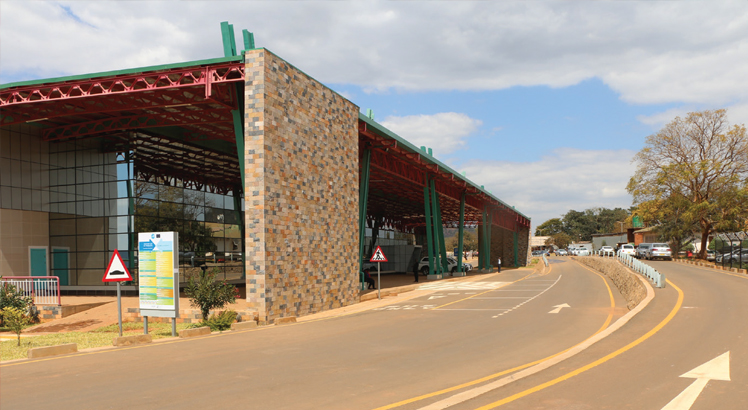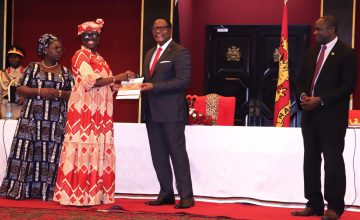Parastatals chalk mixed performance
High cost of borrowing, inter-agency arrears and tariffs that do not reflect the costs of production continue to weigh in on the performance of State-Owned Enterprises (SOEs), the Malawi Government Annual Economic Report 2024 shows.
The report released on Friday as part of 2024/25 National Budget documents shows that the performance of the SOEs in the water and sanitation sector was mixed as of March 1 2023.
It also indicates that Central Region Water Board recovered from a loss of K390.8 million recorded in the 2021/22 financial year to post a profit of K1.95 billion in 2022/23 fiscal year while the Lilongwe Water Board continued its positive trend with a profit after-tax of K395 million.
But Blantyre Water Board (BWB) and Northern Region Water Board (NRWB), on the other hand, incurred losses of K20.87 billion and K1.7 billion, respectively, in the year under review, according to the report.

A similar trend was observed in the energy sector, with the Electricity Supply Corporation of Malawi posting a profit of K12.8 billion largely attributed to the government writing off the company’s debt to its sister company Electricity Generation Company (Egenco).
But Egenco recorded a loss after-tax of K2.1 billion, a significant drop from the K5.1 billion profit achieved in the 2022/23 financial year.
Meanwhile, the Malawi Housing Corporation registered a loss of K268 million in the 2022/2023 financial year compared to the prior year when it posted a profit after-tax of K1.7 billion, according to the report.
Ministry of Finance and Economic Affairs has attributed the poor performance of some SOEs to their failure to “generate adequate revenues to meet their operating expenditure largely due to non-cost reflective tariffs and the impact of the exchange rate re-alignment in November 2023”.
Reacting to the report yesterday, Consumers
Association of Malawi executive director John Kapito commended the water boards that made profits for pursuing sustainable business models, saying their expansion to reach more customers and improve the efficiency of their operations allowed them to succeed where others have failed.
He observed that MHC posted losses because it has an unsustainable business model that is heavily reliant on rentals as its single source of revenue which is worsened by the dropping number of houses at the corporation’s disposal.
Kapito cautioned that the unsustainable business models and extensive borrowing from commercial banks will undermine their capacity to serve their consumers.
Economic statistician Alick Nyasulu said in an interview yesterday that most of the SOEs underperform because they are prone to financial abuse by the leaders entrusted to provide corporate governance, thereby incurring financial losses that are not linked to their core businesses.
Corporate governance expert James Kamwachale Khomba said in an earlier interview that most of the parastatals underperform or fail to implement reforms because they are headed by boards that are usually recruited for political expediency.
“That creates a challenge when they have to provide oversight on the corporate side of the SOEs and implement reforms to make corporations more competitive,” he said.





